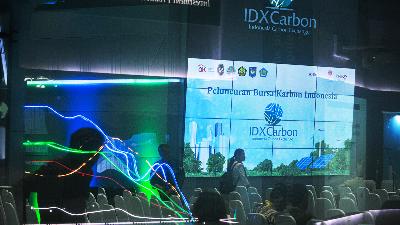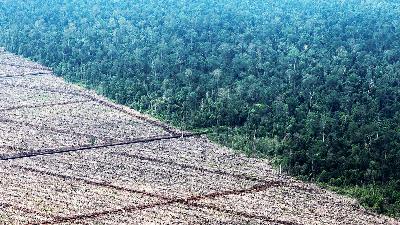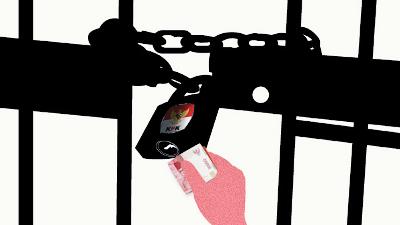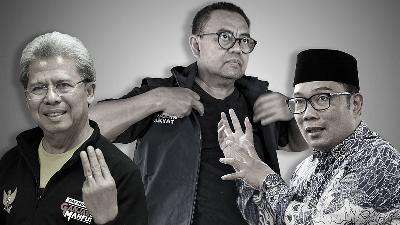The Toxic Environment of the KPK Detention Center
Monday, January 22, 2024
The practice of illegal levies is rampant in the KPK detention center. It is evidence of poor supervision after the law was revised.
arsip tempo : 174678531127.
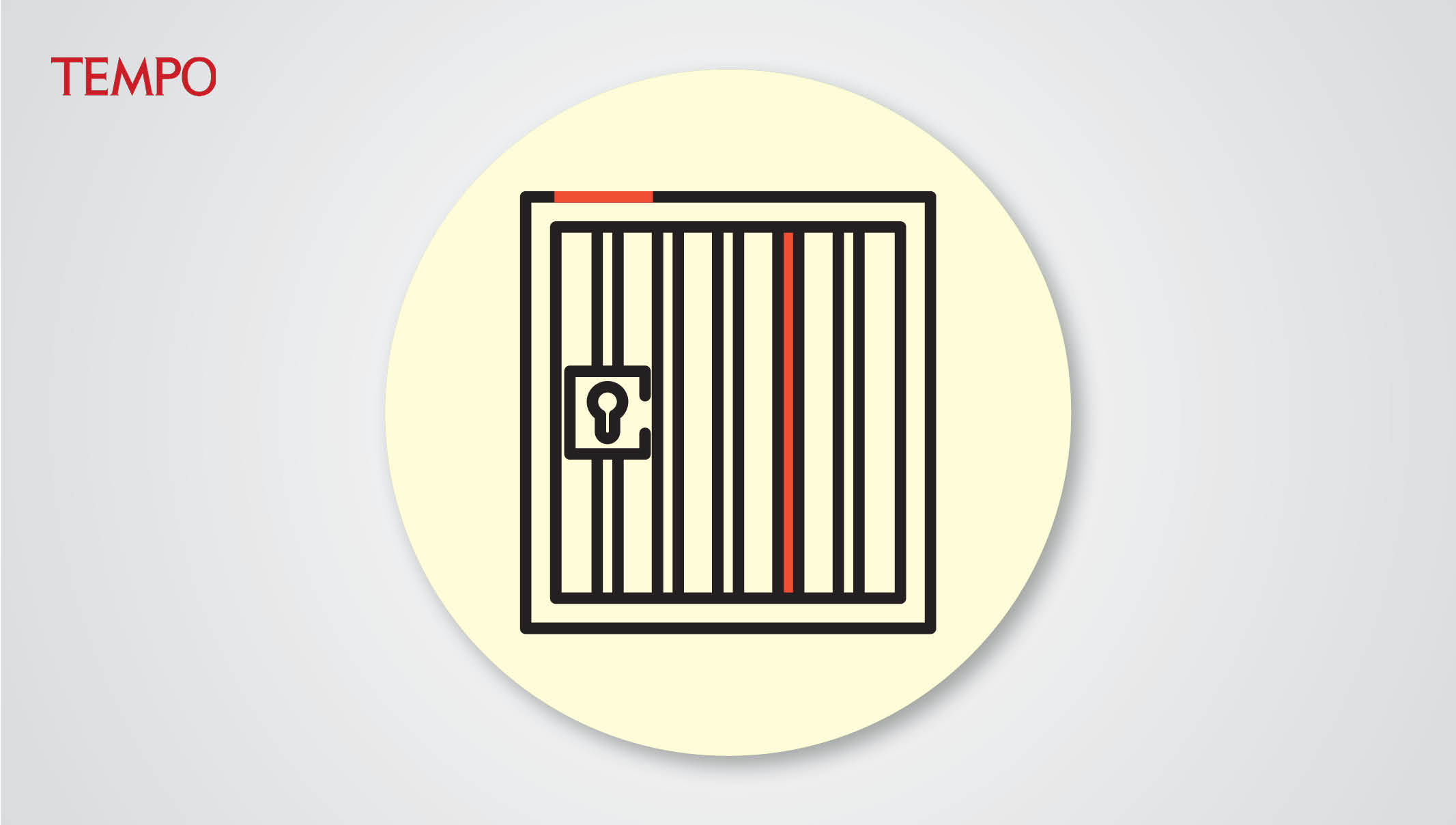
THE rampant collection of illegal levies behind the walls of the Corruption Eradication Commission’s (KPK) detention center can no longer be covered up. The smell was already overpowering, like something fishy in a fish market. Because “fish rot from the head,” it will be insufficient to clean up the KPK’s working environment only among low-level employees.
The KPK Supervisory Board recently tried 15 out of 93 KPK employees who were suspected of being involved in extortion practices from December 2021 to March 2022. This extortion was uncovered after the Supervisory Board received complaints from detainees and families who were victims.
The KPK detention center is now like a garden full of poisonous snakes. To survive the dangerous attacks of guards, prisoners and their families have to dig deep into their pockets. In order to obtain simple rights, such as visiting hours and basic facilities in prison, they have to pay Rp1 million to Rp500 million. According to the Supervisory Board, a total of Rp6.1 billion has been extorted.
It is not just prison guards who are reported to be involved in extortion. The head of the KPK detention center is also suspected of taking part in the illegal levies. There is no need to feel uncomfortable or embarrassed anymore. The head of the detention center even acts like a director who distributes illegal company shares to his subordinates.
The disclosure of the case of illegal levies confirms news of the increasingly deteriorating integrity of employees wearing the uniform of “anti-corruption fighters.” During Firli Bahuri’s leadership, who was recently named a suspect in a corruption case, the moral values within the KPK seem to be more fragile than straw in a windstorm. It seems as if eradicating corruption only applies outside the walls of their own institutions—and even that is done selectively.
The decline in the integrity of KPK employees is not solely the fault of individuals. This is the result of the controversial revision of the Corruption Eradication Commission Law in 2019. Claims by the Joko Widodo government and the House of Representatives (DPR) that they have strengthened internal supervision by creating the KPK Supervisory Board are nothing more than lip service. After the KPK had a Supervisory Board, violations of discipline and ethics within the anti-corruption agency have become increasingly common.
Such developments are not surprising. Armed with the revised KPK Law, Firli Bahuri removed more than 50 KPK employees known to have integrity and uphold ethics. They were thrown out on the pretext of not passing a civic knowledge test when all KPK employees were forced to change status to become ordinary state civil servants.
Since the large-scale elimination of employees with integrity, the stench from inside the KPK has become increasingly prevalent. Now the KPK detention center is no different from prisons in general: riddled with extortion and even corruption.
It is not easy to restore the honor of an institution that has been so badly damaged. If its existence is still to be seen as beneficial, the Supervisory Board must take firm steps. Open ethical hearings are key. Everyone involved from the bottom to the top of the extortion pyramid must be punished according to their mistakes. If not, the KPK prison will continue to be a nest for ‘poisonous snakes’.




